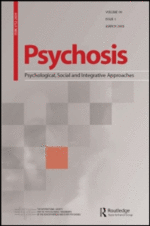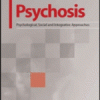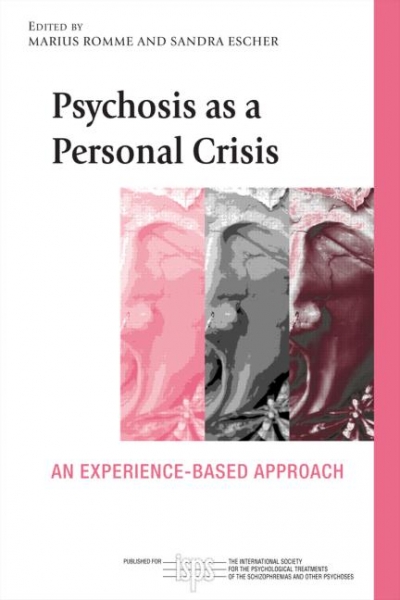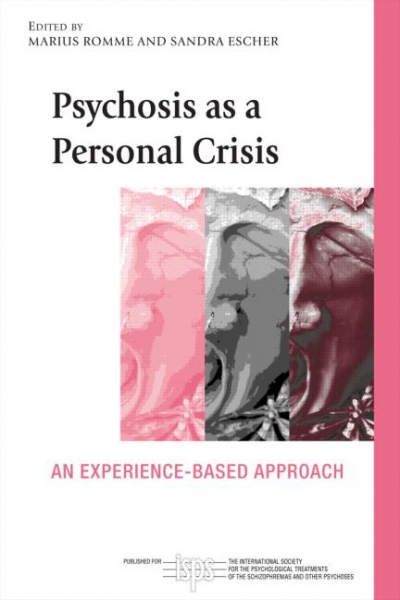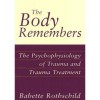Hearing Voices Peer Support Groups: A Powerful Alternative for People in Distress
Hearing voices peer support groups offer a powerful alternative to mainstream psychiatric approaches for understanding and coping with states typically diagnosed as “hallucination”. In this jointly authored first-person account, we distill what we have learned from 10 years of facilitating and training others to facilitate these groups and what enables them to work most effectively in the long term. Having witnessed the transformative power of these groups for people long considered unreachable as well as for those who receive some benefit from standard psychiatric treatment, we describe effects that cannot easily be quantified or studied within traditional research paradigms. We explain the structure and function of hearing voices peer support groups and the importance of training facilitators to acquire the skills necessary to ensure that groups operate safely, democratically, and in keeping with the theories and principles of the Hearing Voices Network. The greater use of first-person experience as evidence in deciding what works or doesn’t work for people in extreme distress is advocated; randomized designs or statistically significant findings cannot constitute the only bases for clinical evaluations.

